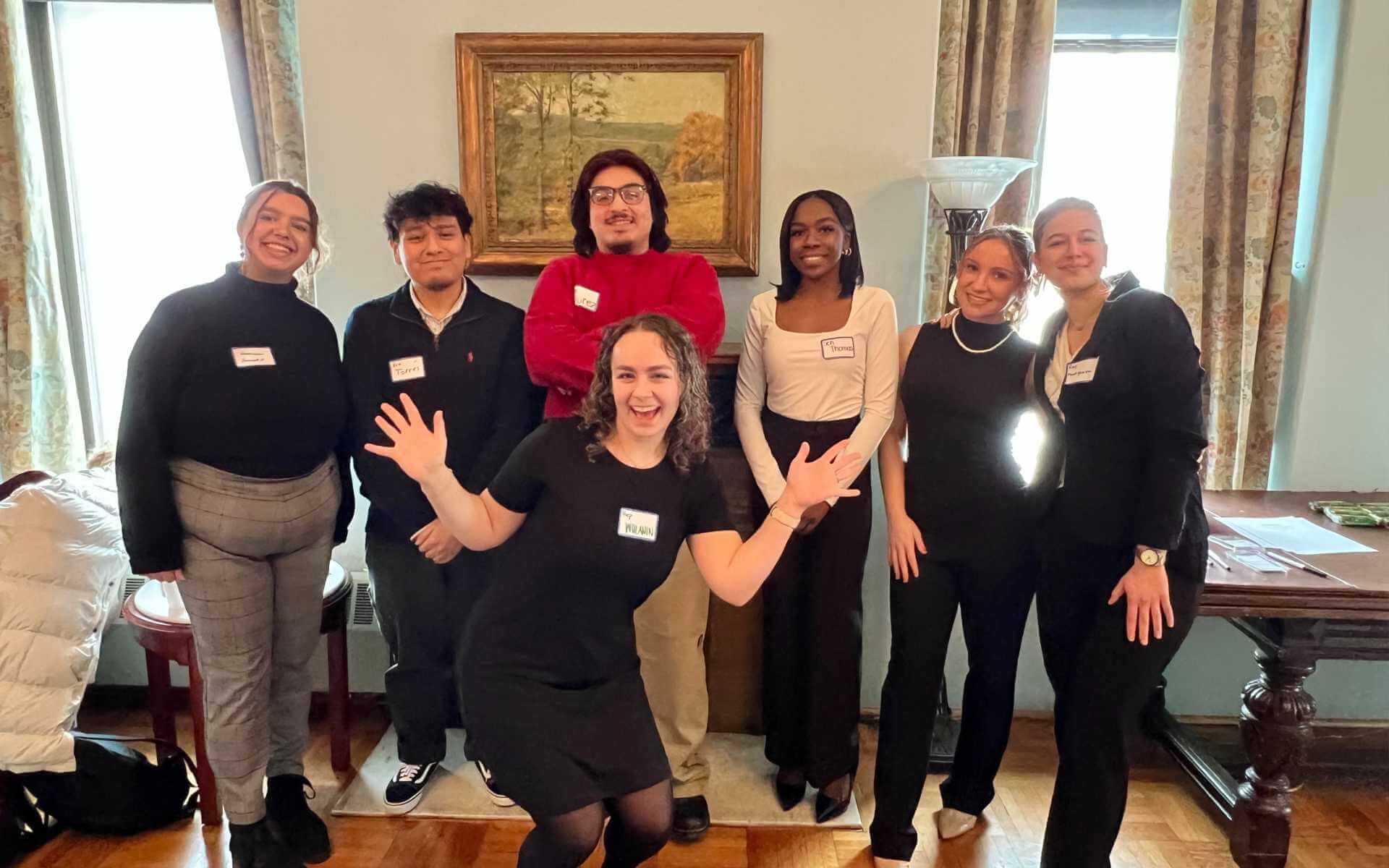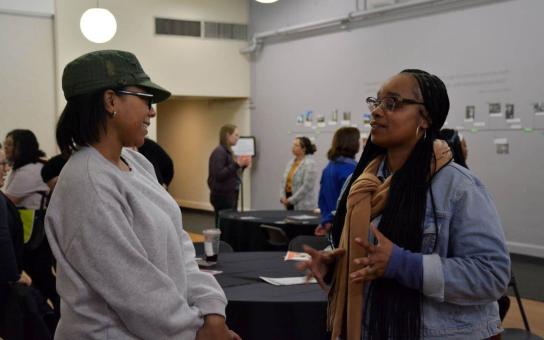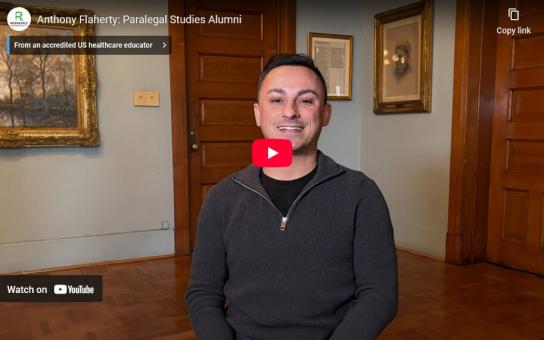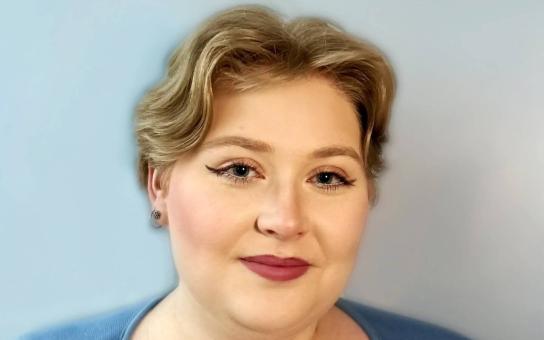
Last Friday, Democrats and Republicans proposed bills, created committees, and debated legislation in front of the Speaker of the House. But this parliamentary procedure didn’t occur in the Illinois State Capitol in Springfield—it was recreated by Illinois college students from throughout the state in Roosevelt University’s Sullivan Room. Eight Roosevelt honors students participated in a Model Illinois Government “Mini” Simulation, a prelude to their visit to Springfield this March. Typically shortened to MIG, the program is one of the largest government simulation programs in the United States and invites hundreds of Illinois college students to the state capitol’s House and Senate chambers during State Congressional recess to embody legislators, lobbyists and journalists.
Roosevelt’s contingent consists of eight Roosevelt honors students who are coached by Kenley Johnston, assistant director of the RU Honors Program, and Carrie Lausen, director of the University’s paralegal studies program. Participation in the co-curricular MIG group is an option for students to meet their honors requirements, and? every mock-legislator is thrilled to participate in program.
“These are high-performing students who are incredibility engaged with the material and want to sharpen skills that will make them better professionals,” says Lausen. “You’re not just learning the intricacies of policy, but you’re also learning how to debate and defend your position, and you’re improving your public speaking skills.”
Those skills were on display during the mini simulation, which invited fellow MIG students from Lake Michigan College, Prairie State College, Governors State University, Northeastern Illinois University and University of Illinois-Springfield. Participants were assigned a role as senator or house representative and Republican or Democrat, and individuals were also assigned roles such as lobbyist or journalist to influence votes and communicate political shifts to “outside” observers. A slate of bills was presented to legislators, and from there students broke out into committee to discuss messaging tactics. Bills presented included the legalization of fireworks, increased state support for entertainment workers, and adjustments to the tax code
With occasional coaching from Dr. Andy Schott—a political science professor at Prairie State University—the mock legislators followed proper parliamentary procedure. All statements were addressed to the Speaker of the House or President of the Senate, arguments and rebuttals were time-limited, and all participants were addressed formally. Students also learned how to craft amendments and clarify that language needed to be both added and removed for them to become official. After a four-hour session, the students emerged confident and ready for their multi-day trip to Springfield in the coming weeks.
“I’m really excited to go and demonstrate what I’ve learned and visit Springfield for the first time,” said “Senate Republican” and honors student Victoria Wolanin. “This program has really helped me synthesize information and sourcing in a better way, and I’m also learning how preparing in advance and developing an argument can be applied beyond something like a structured debate.”


